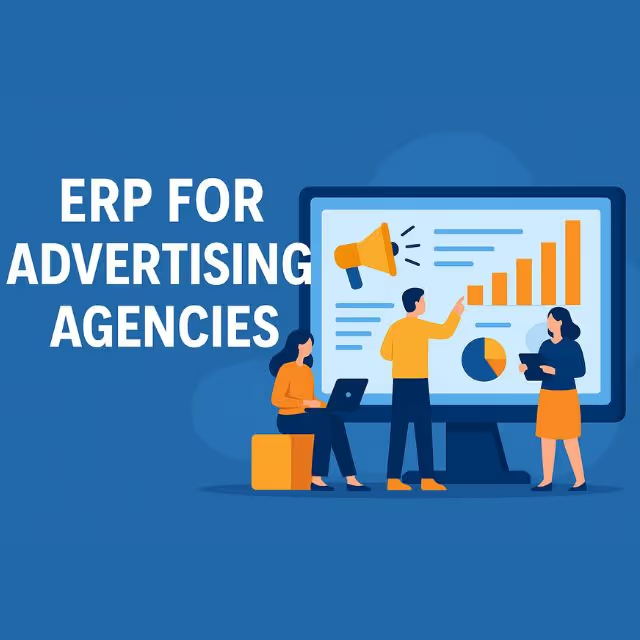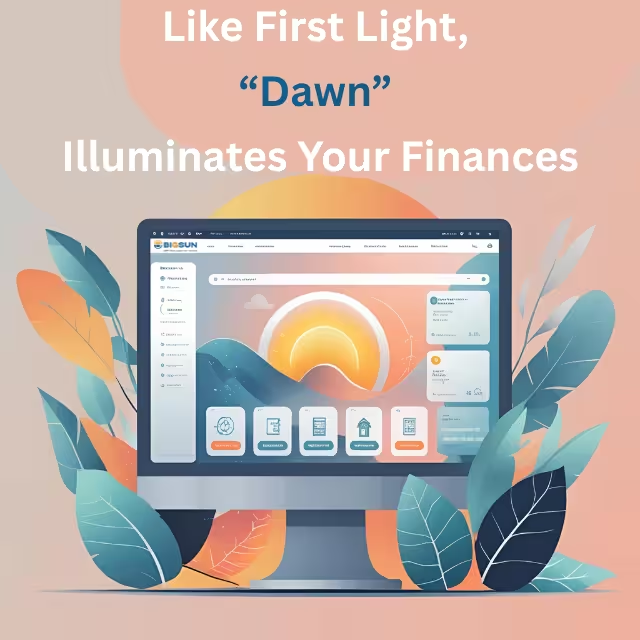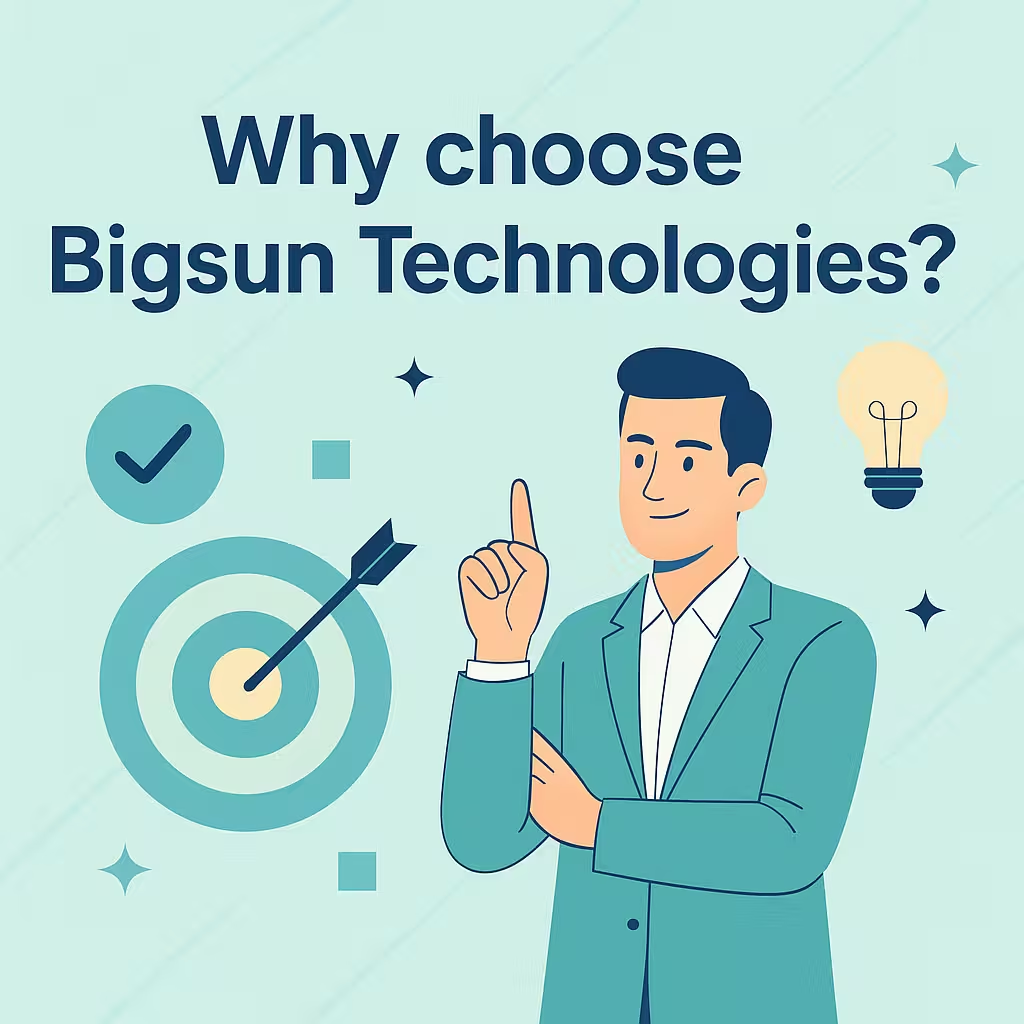In today’s fast-moving advertising landscape, managing creative workflows, client expectations, budgets, and deadlines can be overwhelming, especially when teams are juggling multiple campaigns across different platforms. That’s where ERP (Enterprise Resource Planning) software comes in, offering agencies a smarter way to run their operations.
Choosing the right ERP software for advertising agencies can transform how they manage projects, finances, and clients. Whether you're a boutique digital firm or a full-service creative powerhouse, an ERP solution tailored to your needs can help streamline operations, boost productivity, and improve campaign delivery.
Here’s a complete guide on how to select the ideal ERP for your agency, along with the key benefits and features to look out for.
Why Advertising Agencies Need ERP Software
While ERP systems were once primarily associated with manufacturing or logistics, the growing complexity of media buying, content production, and client reporting has made ERP software in digital marketing not just relevant, but essential.
Agencies now need a unified platform that can bring creative teams, finance, HR, project managers, and clients onto the same page. An industry-specific ERP helps eliminate scattered tools, reduces miscommunication, and offers real-time visibility across all aspects of the business.
Benefits of ERP Software for Advertising Agencies
1. Centralized Project Management
ERP software gives teams one place to manage client briefs, timelines, resources, and deliverables. With everything in one dashboard, it becomes easier to track progress and avoid missed deadlines.
2. Real-Time Budget and Cost Tracking
Advertising projects often deal with shifting scopes and media spend. ERP tools allow finance teams to monitor budgets in real time, generate automated invoices, and ensure campaigns stay profitable.
3. Better Resource Allocation
Know which team members are available, overbooked, or underutilized. With ERP-driven scheduling, agencies can assign the right people to the right projects without delays or burnout.
4. Seamless Client Collaboration
Modern ERP systems include client portals where stakeholders can view project updates, share feedback, and approve deliverables. This increases transparency and improves satisfaction.
5. Integrated HR and Payroll
From hiring new designers to processing payroll for freelance copywriters, ERP simplifies internal HR functions. It helps agencies manage employee records, leaves, appraisals, and compliance effortlessly.
6. Improved Data and Reporting
With built-in analytics, agencies can pull performance reports on projects, team efficiency, profit margins, and more. This data-driven insight helps in making smarter decisions and optimizing operations.
Key Features to Look for in ERP Software for Advertising Agencies
When selecting an ERP solution, it’s important to choose one tailored to your agency’s workflows. Look for features that support both creative collaboration and administrative control. Here are some must-haves:
Final Thoughts
The right ERP software for advertising agencies doesn’t just improve back-office efficiency, it enhances creative output, client service, and business performance. With customized modules for projects, people, and payments, a well-chosen ERP becomes the silent engine powering every successful campaign.
As digital marketing evolves and competition increases, investing in the right ERP solution ensures your agency stays agile, organized, and ready to deliver value at every touchpoint.



